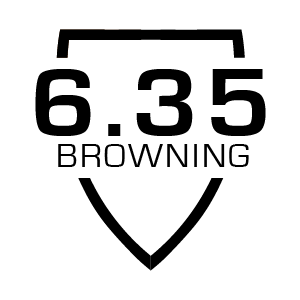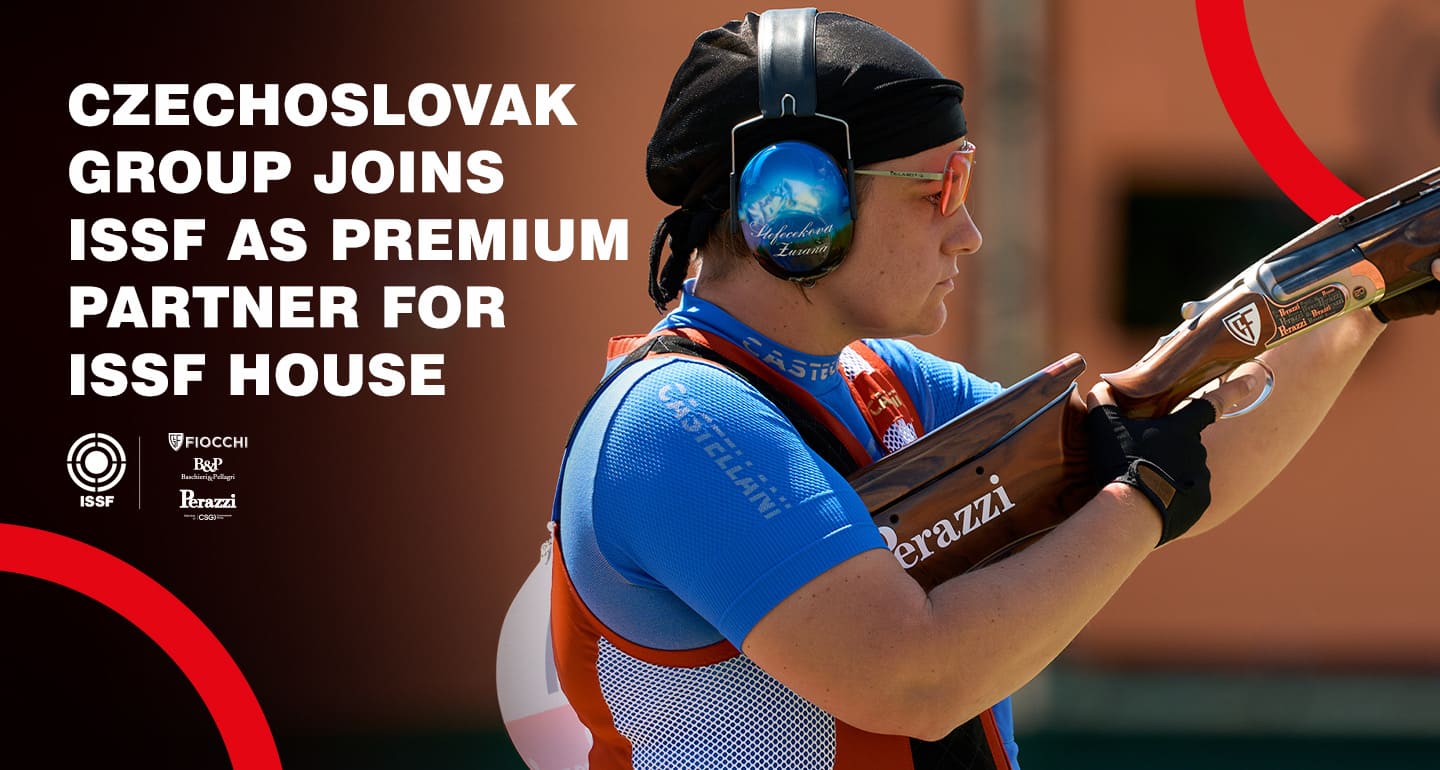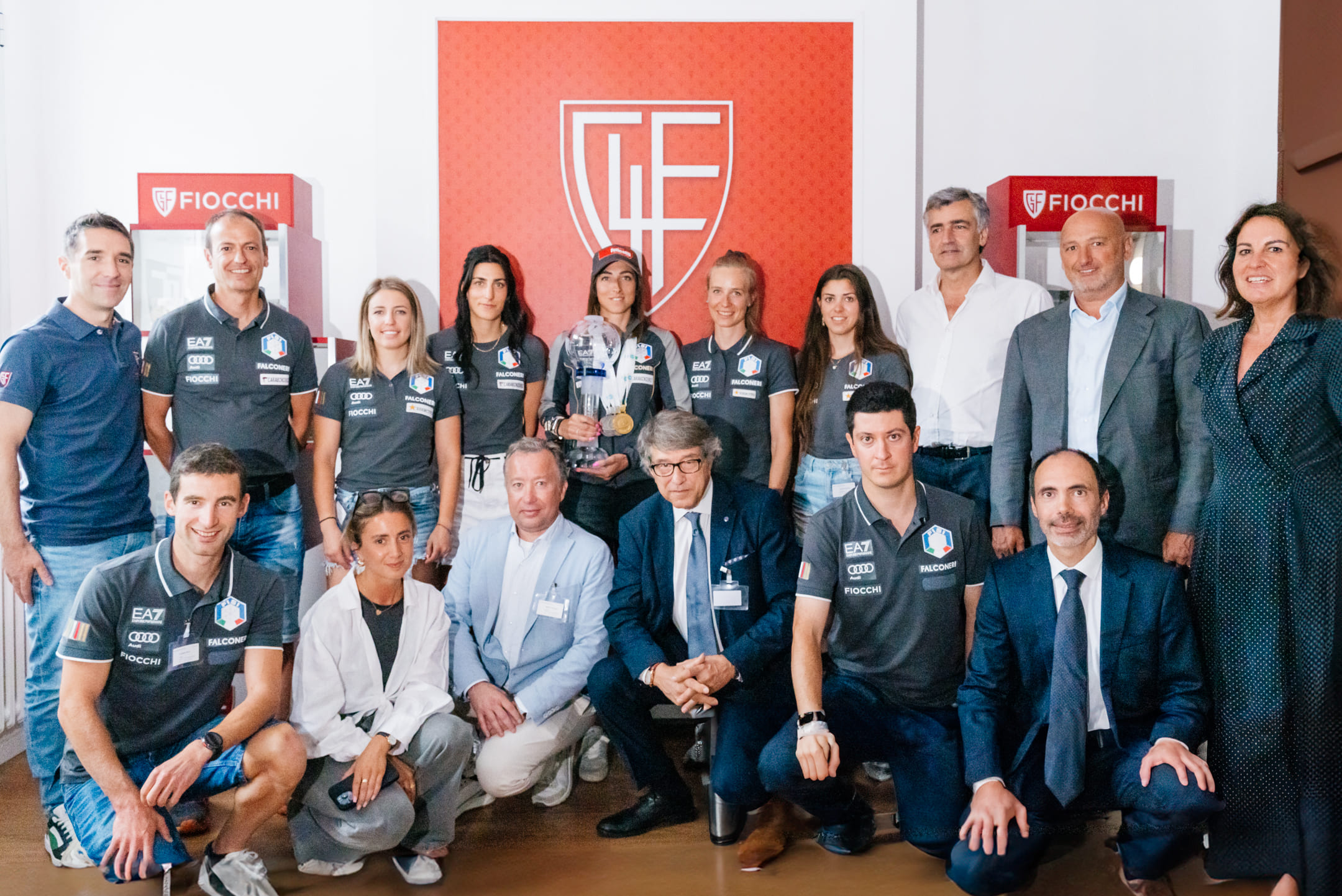Some regulations prohibit the use of bullets containing lead, even if this metal finds difficulty to be assimilated by organisms.
Its high specific weight and great malleability and ductility make it the most suitable metal for projectile construction. Lead ammunition is still widely used for hunting and target shooting, even though many legislations want to progressively ban it.
Lead in the game
Lead ammunition poisoning is a widely argued topic. While it has been demonstrated that in aquatic birds which collect it from the bottom of lakes and ponds, it is not for birds of prey and other ground-dwelling birds or in mammals.
Lead in human nutrition
It has been demonstrated that the consumption of game hunted with lead-based ammunition, duly treated with classic food hygiene measures, does not cause an increase in blood lead. In fact, the human population has a level, albeit low, of lead in the blood, because this metal is contained in small quantities in many foods.
Rules of hygiene in the treatment of the remains of wild animals for food purposes
Let’s go back to hunting. Lead-based bullets can fragment within game meat. It is therefore good practice, in order to treat it for food purposes correctly, to remove the part of the meat next to the bullet.
Ammunition with lead-free bullets
The North American and European arms industries have begun to develop non-toxic bullets whose effectiveness is slightly lower than the traditional ones, even if in some cases (see bismuth and tungsten) the prices are deeply higher.
Greater environmental sustainability is a prerogative of our Company, which has developed a wide range of green products with copper bullets and various cartridges with steel and bismuth shot, with a range of Green Core bio wads in 100% biodegradable and compostable material, that you can find in our online catalog.

 IT
IT








































